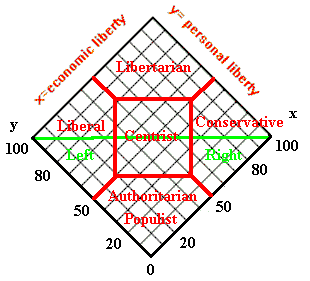I know I’ve defended vernacular schools in Malaysia earlier, but this latest move by Dong Jiao Zong puts me in a bit of a quandary. My libertarian instincts tell me that the schools should be free to teach whatever subjects in whatever languages they feel like and parents should be free to choose which schools their children should attend accordingly. Threatening to mount a nationwide strike over the issue however strikes me as a tad heavy-handed especially since there are already independent Chinese schools which have voluntarily switched over to teaching science and mathematics in English with good results.
The organization justifies its actions, as always, mainly based on the fundamental right of Chinese Malaysians to be educated in Chinese if they so wish but I can’t help but wonder if the real reason might not be a more pragmatic one. After all, I seriously doubt that many of the teachers currently teaching the two subjects in Chinese are able to competently switch over to teaching them in English. Even if the schools were able to recruit enough replacement teachers, that would result in a huge number of unemployed or underemployed teachers, something that Dong Jiao Zong would understandably find unacceptable.
This isn’t a frivolous point by the way. If Malaysia doesn’t have enough teachers who can teach in English competently, then it doesn’t make any sense to force everyone to teach in English, as this blog post highlighted earlier this year. Trying to retrain teachers who used to teach the subjects in either Bahasa Malaysia or Mandarin to switch to teaching in English doesn’t work very well. On the other hand, it’s easy enough to see that moving to teaching the subjects in English should be the the way forwards and unless the schools are given some pressure to move in that direction, they’ll just hope that this is just a fad that will hopefully blow over and won’t give serious thought and effort into switching over.
